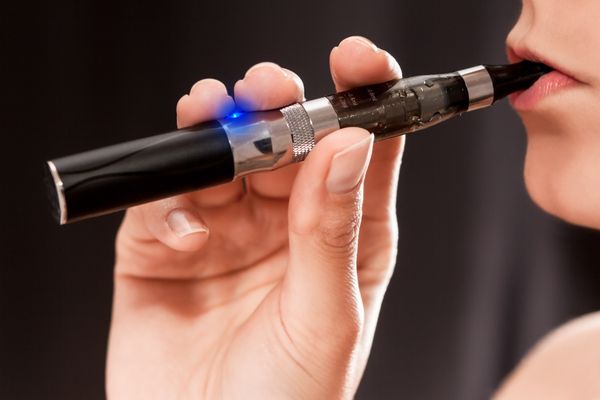Your preteen spends a lot of time on the computer playing games and chatting online with friends. Your teen continually texts and posts pictures. Your family sits with the TV on and everyone busily tapping on their phones, tablets or laptops. Even at dinner or on vacation, you pull out your smartphone to check on work. We're all guilty.
But there may be dangers we're just beginning to recognize. Our tech habits could produce a "time bomb" that results in poorer communication skills, warn speech and hearing experts from the American Speech-Language-Hearing Association (ASHA).
If left unchecked, our habits could affect children's speech and language development, which is dependent on adequate time for listening, talking, reading and interacting with parents. Remember how your parents read to you when you were little? Or how your grandparents wove tales of family lore? Or how you told your little ones the names of everything in sight to help them build vocabulary? These are among the skills that may be harmed by too much tapping and texting.
Our tech habits—particularly our earbuds and headsets—also may cause hearing loss, which further hurts communication and affects academic and social success, the experts say.
The comments came following a recent ASHA poll, conducted by Greenberg Quinlan Rosner Research in recognition of Better Hearing & Speech Month. The March polling surveyed 500 parents of children under the age of 20 and 500 teens ages 13 to 19.
The survey results show:
Teens really depend on technology to communicate. We all know teens are constantly looking at their phones. The survey confirms what we observe: they average nearly 6 hours a day on a personal technology device. They use the devices to communicate with friends (rather than talking), and they sometimes use them to communicate with their parents, even while in the same household or room.
Teens like their earbuds and headphones. They average 3 hours a day with a listening device in or on their ears. This raises concerns because noise-induced hearing loss may result from listening to devices for too long or too loudly.
Parents like their technology, too. Parents report using their devices as often as do their children. The majority even say they use them at the dinner table, during family leisure time and while talking with their children. Parents also use technology devices to entertain their children, find time to do chores or work or have time for themselves.
But all's not lost. Once informed of these communication health risks, more than 79 percent of parents said that they were willing to set stronger usage guidelines at home, and 90 percent said they'd be more likely to change their own personal tech device habits to be a better tech role model for their families.
Currently, there's a disconnect on household rules. Over two-thirds of parents surveyed said they enforce some guidelines on their children's use of technology. But, only two in five teens say they have household rules governing technology use. And even in households that have rules, they don't necessarily govern use of the phone while eating or during other family time.
Clearly, more of us need to think about setting guidelines. More than 90 percent of teens who have rules say the rules are successful, and a similar percentage of parents who set rules find the efforts successful.
And though we may think of younger people as using technology more frequently, older parents aren't off the hook. Two-thirds of millennial parents polled admitted to using their devices too much. But after hearing more about the threats to hearing and communication, about half said they would be more likely to implement strong guidelines for technology use in their homes. Older parents weren't as willing.
Parents (and people) of all ages need to put their phones aside, make eye contact and talk—before it's a lost art.
If you want help curbing your family's tech use, check out ASHA's Digital Diet for managing tweens' and teens' technology.







